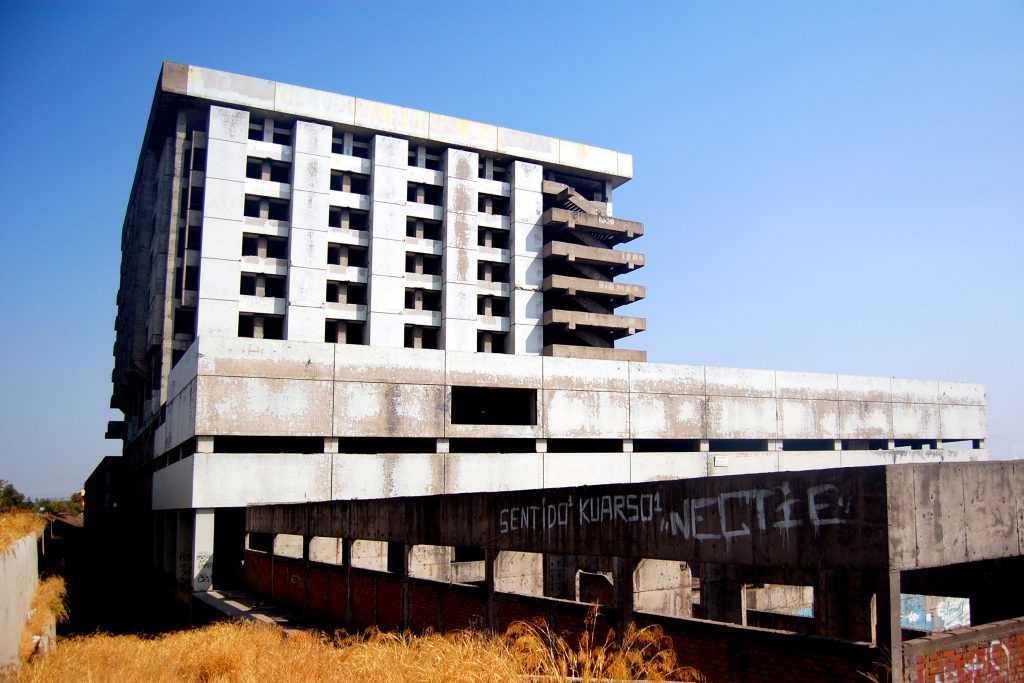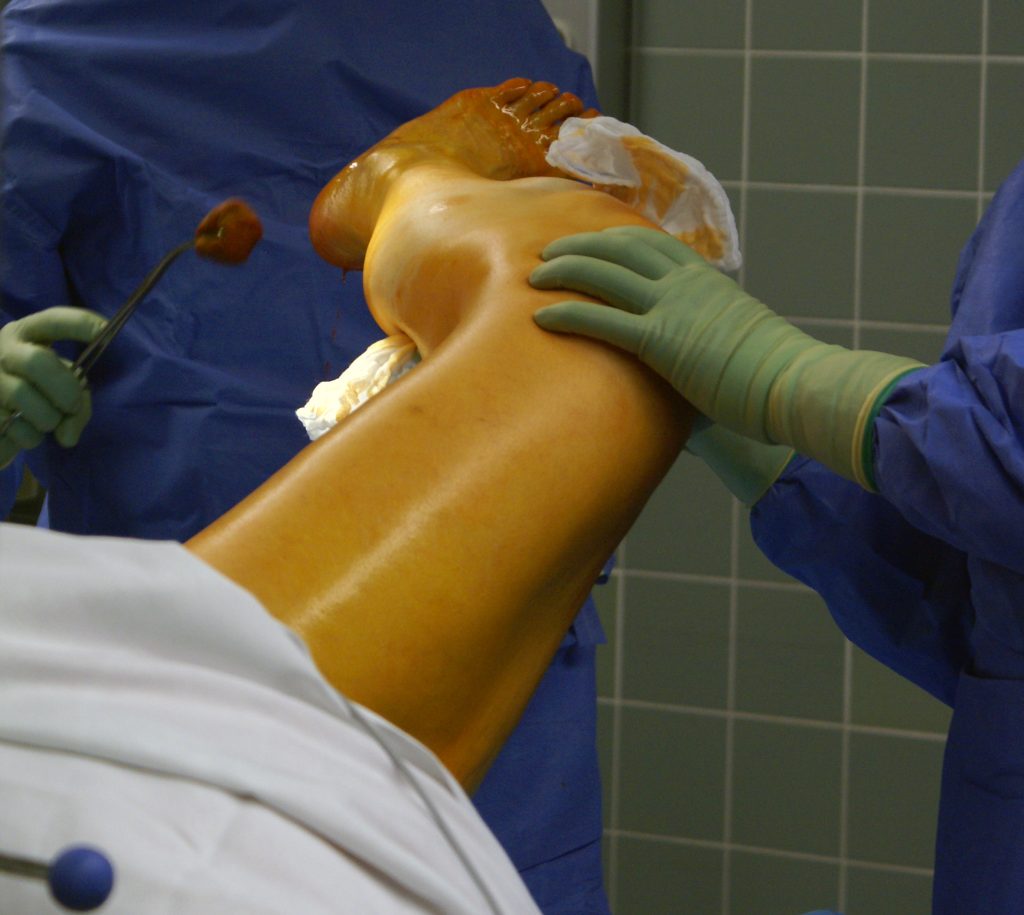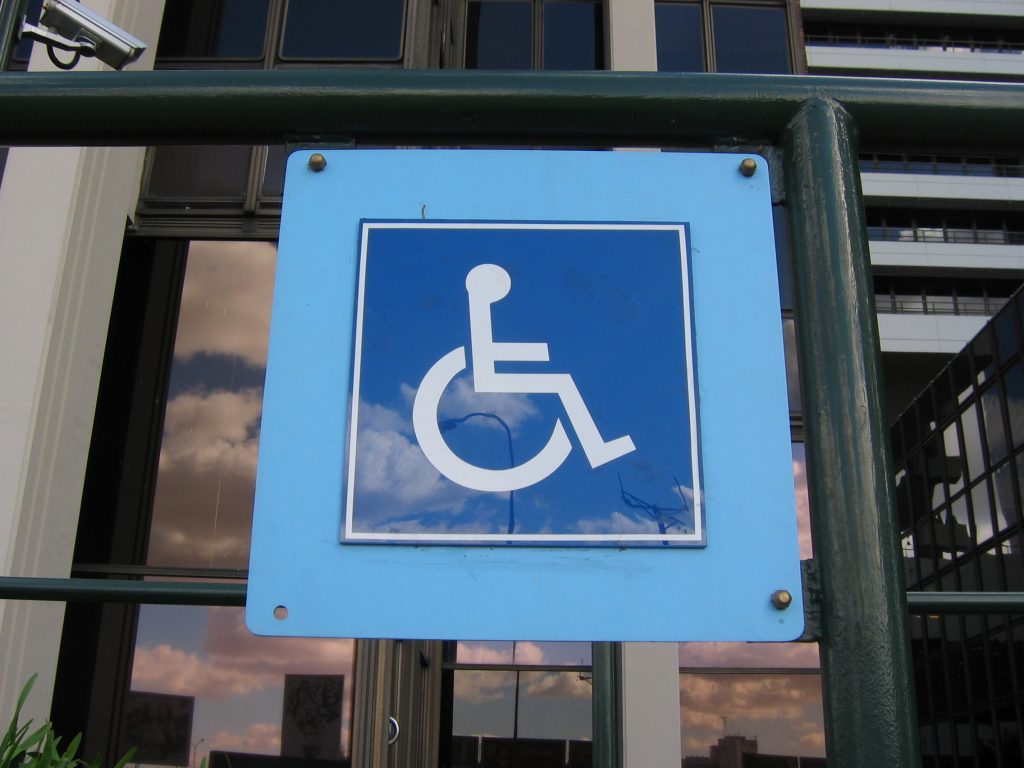 Families depend on nursing home staff to adequately care for loved ones. When loved ones suffer due to the negligence of nursing home staff, a medical malpractice suit can arise.
Families depend on nursing home staff to adequately care for loved ones. When loved ones suffer due to the negligence of nursing home staff, a medical malpractice suit can arise.
Recently, in Johnson v. CLVD, Inc D/B/A Green Meadow, the beginning injury arose on November 11, 2008, when Mr. Johnson’s catheter was removed, possibly by himself. The nursing staff left the catheter out due to a hospital policy that prohibited them from replacing it. On November 15, Mr. Johnson was unresponsive and taken to the hospital, where a catheter was reinserted. As a result, Mr. Johnson had more than three times the normal amount of urine in his system causing him to develop a urinary tract infection. This infection progressed into severe sepsis, septic shock, and several secondary infections. On December 15, he was admitted to Minden Medical Center with a fever, UTI, altered mental status, and worsening renal insufficiency. His condition worsened, and he died on December 25, 2008.
Mr. Johnson’s family filed a malpractice complaint against the hospital and a medical panel of three doctors reviewed it. Two of the doctors concluded that, by failing to reinsert the catheter or consult with Mr. Johnson’s treating physician, the nursing home staff failed to provide Mr. Johnson with appropriate care. This lack of care led to a chain of events resulting in Mr. Johnson’s death. The third-panel member disagreed based on Mr. Johnson’s age and medical problems.
 Louisiana Personal Injury Lawyer Blog
Louisiana Personal Injury Lawyer Blog


 When a driver is rear-ended, there is generally a presumption the rear driver is negligent. This is based on the principle that the following driver must maintain a prudent distance from the vehicle in front of them and concentrate on their speed as well as the traffic and general condition of the roadway.
When a driver is rear-ended, there is generally a presumption the rear driver is negligent. This is based on the principle that the following driver must maintain a prudent distance from the vehicle in front of them and concentrate on their speed as well as the traffic and general condition of the roadway.  Have you ever been involved in a slip and fall accident inside a store resulting from water being on the floor? Were you injured as a result? If so, who would you think was at fault? How would you receive just compensation? In a recent case, the Louisiana Second Circuit Court of Appeal discusses the necessary factors a plaintiff must prove in order to show that a merchant – such as a grocery store, clothing store, or even the owner of a food truck – was responsible for the injuries sustained resulting from a slip and fall accident.
Have you ever been involved in a slip and fall accident inside a store resulting from water being on the floor? Were you injured as a result? If so, who would you think was at fault? How would you receive just compensation? In a recent case, the Louisiana Second Circuit Court of Appeal discusses the necessary factors a plaintiff must prove in order to show that a merchant – such as a grocery store, clothing store, or even the owner of a food truck – was responsible for the injuries sustained resulting from a slip and fall accident.
 Imagine that your mother, a friend, or someone else you love dearly suffers from numerous health problems. In a terrible twist of fate, your loved one falls, worsening their current condition and making life more painful and difficult than it already is. To top it all off, what would already be considered a trying process is exacerbated because you feel like the doctors who are caring for your loved one aren’t listening to your input or concerns. After many visits to the emergency room and overnight hospital stays, your loved one passes away. Despite the health conditions before the fall, you feel like something wrong occurred during your loved one’s treatment and someone should be held responsible. This was exactly the scenario for the loved ones of Ms. Mary LeBoeuf. Five individuals, including her son and long-time partner, filed a lawsuit against her doctor, the hospital, and the orthopedic clinic on her behalf.
Imagine that your mother, a friend, or someone else you love dearly suffers from numerous health problems. In a terrible twist of fate, your loved one falls, worsening their current condition and making life more painful and difficult than it already is. To top it all off, what would already be considered a trying process is exacerbated because you feel like the doctors who are caring for your loved one aren’t listening to your input or concerns. After many visits to the emergency room and overnight hospital stays, your loved one passes away. Despite the health conditions before the fall, you feel like something wrong occurred during your loved one’s treatment and someone should be held responsible. This was exactly the scenario for the loved ones of Ms. Mary LeBoeuf. Five individuals, including her son and long-time partner, filed a lawsuit against her doctor, the hospital, and the orthopedic clinic on her behalf. We’ve all been in the situation where we’re sitting at a red light or approaching an intersection and all of a sudden we hear sirens and see flashing lights. Everyone knows to stop and yield to the oncoming ambulance. Sometimes, however, a driver might not yield for whatever reason. This is exactly what happened in this case, which involves an EMT who was injured on the job while riding in an ambulance.
We’ve all been in the situation where we’re sitting at a red light or approaching an intersection and all of a sudden we hear sirens and see flashing lights. Everyone knows to stop and yield to the oncoming ambulance. Sometimes, however, a driver might not yield for whatever reason. This is exactly what happened in this case, which involves an EMT who was injured on the job while riding in an ambulance. Parents love their children very much. It is always a difficult experience to involve a child in a lawsuit. Such an emotionally difficult experience can be soothed by having the best attorney possible. Losing a lawsuit on behalf of one’s child is a traumatic experience, especially after an accident. This is exactly what happened in a recent case of the Louisiana First Circuit Court of Appeal.
Parents love their children very much. It is always a difficult experience to involve a child in a lawsuit. Such an emotionally difficult experience can be soothed by having the best attorney possible. Losing a lawsuit on behalf of one’s child is a traumatic experience, especially after an accident. This is exactly what happened in a recent case of the Louisiana First Circuit Court of Appeal.  Are you being or have you been sued and simply can’t afford court costs and litigation due to financial instability? If this is your case, you can file an affidavit of poverty also known as obtaining pauper status pursuant to
Are you being or have you been sued and simply can’t afford court costs and litigation due to financial instability? If this is your case, you can file an affidavit of poverty also known as obtaining pauper status pursuant to  When a person is injured, timeliness and diligence are required to hold the responsible party liable under the law. If either element is missing, the injured person will lose the ability to seek relief. An early procedural hurdle plaintiffs face in litigation is the defendant’s motion for summary judgment. Here, the plaintiff must exercise diligence in gathering the necessary evidence to articulate genuine issues of material fact or face dismissal. Another procedural hurdle is the exception of prescription. Similar to what other states would refer to as a “statute of limitation”, prescription is a legal mechanism which prevents a person from pursuing a lawsuit after a certain period of time. In a recent case of the Louisiana Third Circuit Court of Appeal, several procedural hurdles prevented the plaintiff from obtaining recovery.
When a person is injured, timeliness and diligence are required to hold the responsible party liable under the law. If either element is missing, the injured person will lose the ability to seek relief. An early procedural hurdle plaintiffs face in litigation is the defendant’s motion for summary judgment. Here, the plaintiff must exercise diligence in gathering the necessary evidence to articulate genuine issues of material fact or face dismissal. Another procedural hurdle is the exception of prescription. Similar to what other states would refer to as a “statute of limitation”, prescription is a legal mechanism which prevents a person from pursuing a lawsuit after a certain period of time. In a recent case of the Louisiana Third Circuit Court of Appeal, several procedural hurdles prevented the plaintiff from obtaining recovery.  The devil is in the details is a well-known idiom that holds true in this case. It was only upon a close examination of the factual details set out in the trial record that the Louisiana Fourth Circuit Court of Appeal ruled in the plaintiff’s favor. In the case, the Fourth Circuit discusses the two-step process used to determine if the lower court correctly calculated its award of special damages.
The devil is in the details is a well-known idiom that holds true in this case. It was only upon a close examination of the factual details set out in the trial record that the Louisiana Fourth Circuit Court of Appeal ruled in the plaintiff’s favor. In the case, the Fourth Circuit discusses the two-step process used to determine if the lower court correctly calculated its award of special damages.